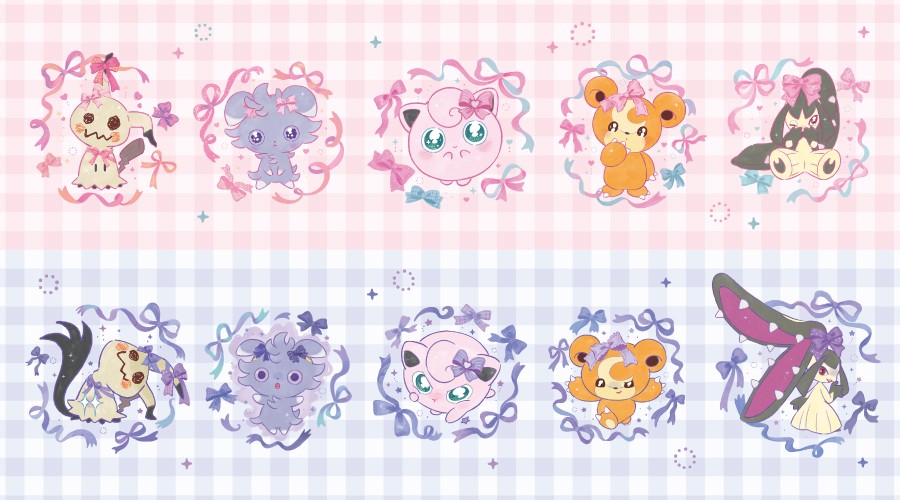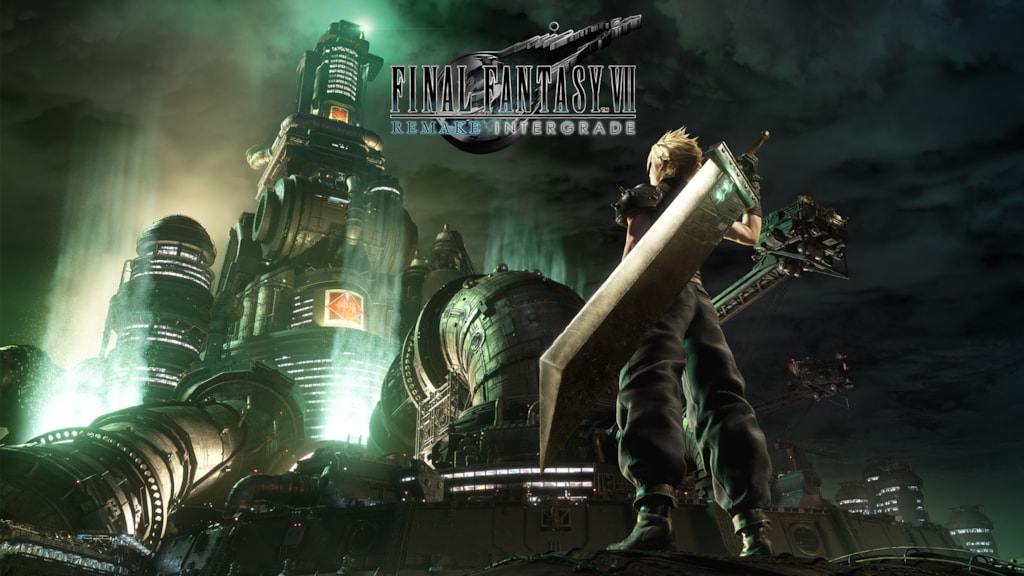Nintendo, renowned globally for its iconic IPs and hardware like the Nintendo Switch, has long maintained a cautious approach to new technological trends in gaming.
Recently, the issue of generative AI has captured attention across the video game industry, with developers, publishers, and gamers debating its potential benefits and pitfalls.
As generative AI systems such as OpenAI’s Sora continue to proliferate, Nintendo’s official opposition to their use in games has become more pronounced. Nintendo’s commitment to safeguarding its intellectual property (IP) is well established, but the company has now taken an even more assertive step.
According to a social media post by Satoshi Asano, a member of Japan’s House of Representatives, Nintendo is not only avoiding the integration of generative AI into its own projects but is also actively lobbying the Japanese government to implement stricter regulations around its use.
Asano, who has been collecting public and industry feedback on AI technologies via various digital channels, summarized the stance succinctly: "Nintendo avoids using generative AI to protect its IP and is also engaging in lobbying activities with the government." This move by Nintendo follows a series of high-profile disputes and legal challenges surrounding generative AI content, especially after the widespread sharing of images generated by OpenAI’s Sora 2 that featured Nintendo characters in ways the company deemed objectionable.
These incidents have intensified the debate about ethical boundaries and legal protections around AI-generated content in the gaming ecosystem. Satoshi Asano further detailed his party’s intention regarding the issue, stating that they will "promote the ethical use of generative AI while considering strengthening regulations." This approach suggests a growing recognition within the Japanese government of the need for policies that balance technological innovation with the protection of creative IPs and ethical standards. Nintendo’s proactive stance aligns with its corporate history of guarding its franchises against unauthorized uses and copyright infringements.
By working closely with authorities, the company hopes to set a clear legal framework that ensures the responsible use of generative AI tools while preventing misuse of proprietary content. As generative AI technology continues to evolve and its adoption in creative industries increases, Nintendo’s approach may serve as a blueprint for other major game developers advocating for robust IP protection.
The outcome of these regulatory discussions in Japan will likely influence policies and industry practices not only domestically but worldwide, as the industry seeks to define boundaries for this rapidly developing technology. For ongoing updates on Nintendo’s initiatives, generative AI regulation, and key industry developments, follow coverage on official Nintendo Direct presentations and credible gaming news platforms.
Recently, the issue of generative AI has captured attention across the video game industry, with developers, publishers, and gamers debating its potential benefits and pitfalls.
As generative AI systems such as OpenAI’s Sora continue to proliferate, Nintendo’s official opposition to their use in games has become more pronounced. Nintendo’s commitment to safeguarding its intellectual property (IP) is well established, but the company has now taken an even more assertive step.
According to a social media post by Satoshi Asano, a member of Japan’s House of Representatives, Nintendo is not only avoiding the integration of generative AI into its own projects but is also actively lobbying the Japanese government to implement stricter regulations around its use.
Asano, who has been collecting public and industry feedback on AI technologies via various digital channels, summarized the stance succinctly: "Nintendo avoids using generative AI to protect its IP and is also engaging in lobbying activities with the government." This move by Nintendo follows a series of high-profile disputes and legal challenges surrounding generative AI content, especially after the widespread sharing of images generated by OpenAI’s Sora 2 that featured Nintendo characters in ways the company deemed objectionable.
These incidents have intensified the debate about ethical boundaries and legal protections around AI-generated content in the gaming ecosystem. Satoshi Asano further detailed his party’s intention regarding the issue, stating that they will "promote the ethical use of generative AI while considering strengthening regulations." This approach suggests a growing recognition within the Japanese government of the need for policies that balance technological innovation with the protection of creative IPs and ethical standards. Nintendo’s proactive stance aligns with its corporate history of guarding its franchises against unauthorized uses and copyright infringements.
By working closely with authorities, the company hopes to set a clear legal framework that ensures the responsible use of generative AI tools while preventing misuse of proprietary content. As generative AI technology continues to evolve and its adoption in creative industries increases, Nintendo’s approach may serve as a blueprint for other major game developers advocating for robust IP protection.
The outcome of these regulatory discussions in Japan will likely influence policies and industry practices not only domestically but worldwide, as the industry seeks to define boundaries for this rapidly developing technology. For ongoing updates on Nintendo’s initiatives, generative AI regulation, and key industry developments, follow coverage on official Nintendo Direct presentations and credible gaming news platforms.






